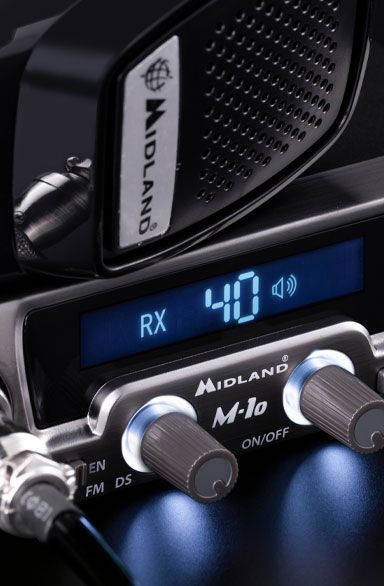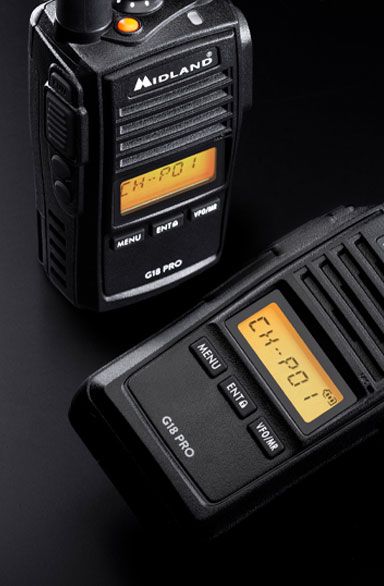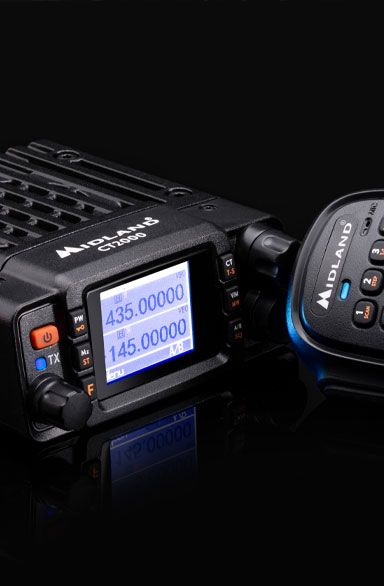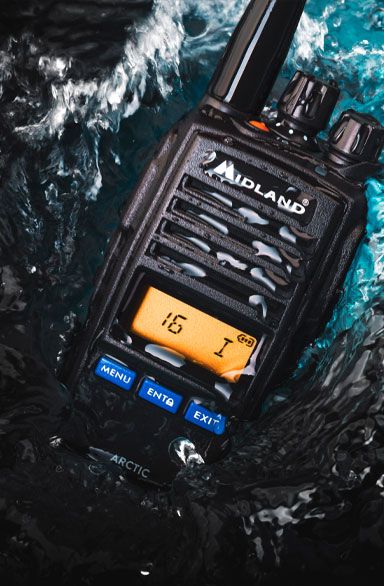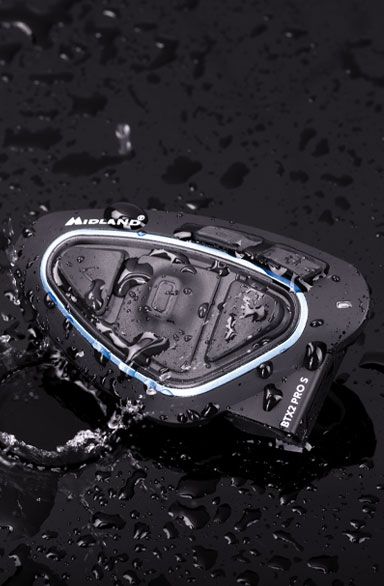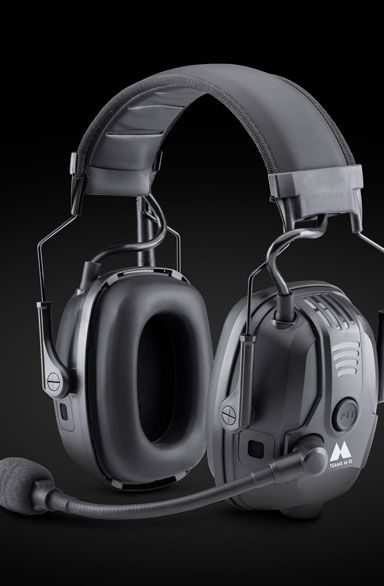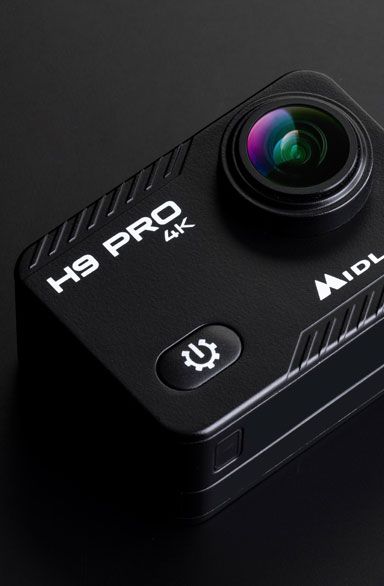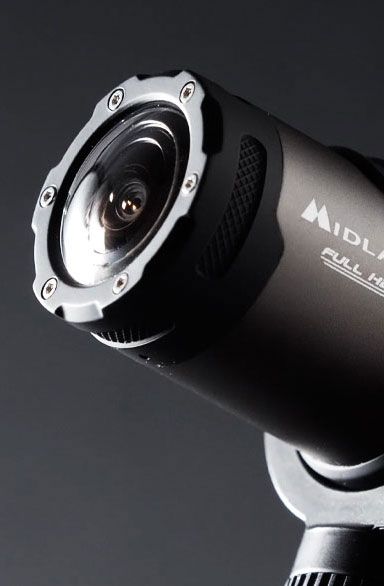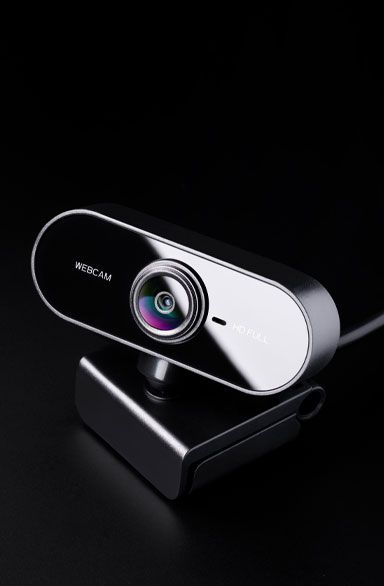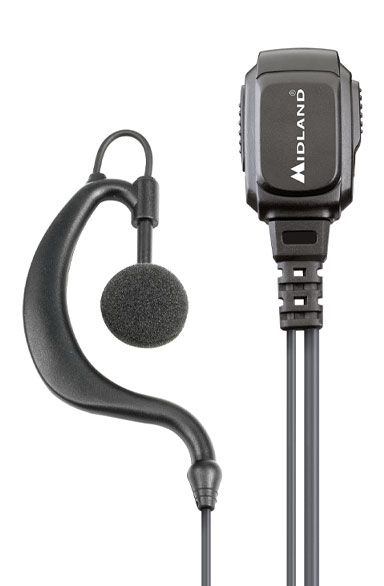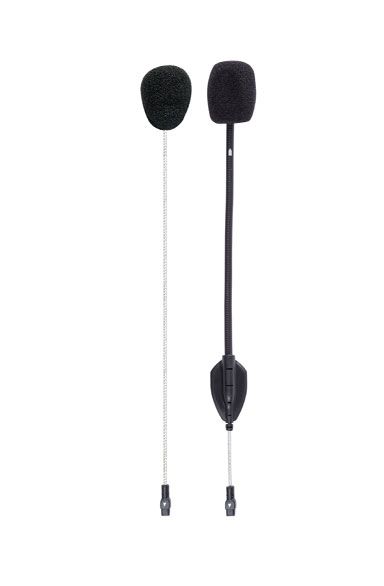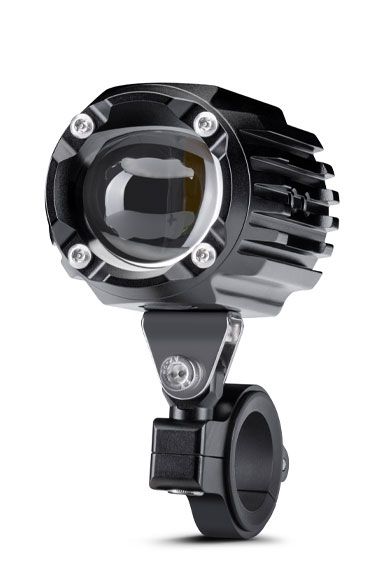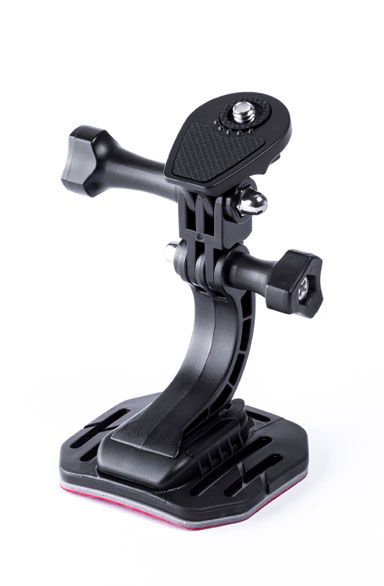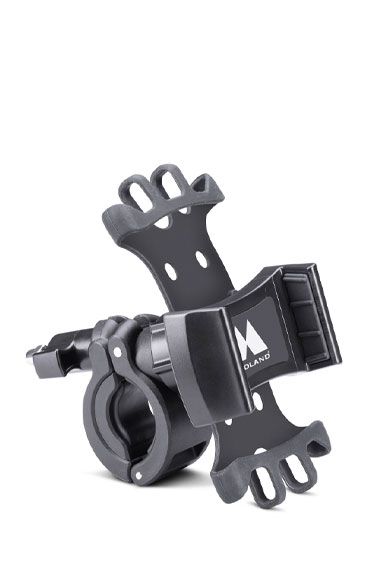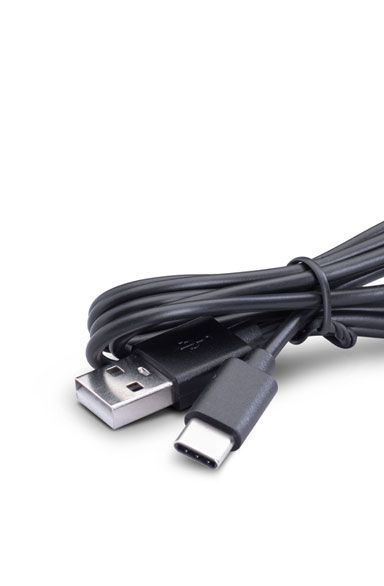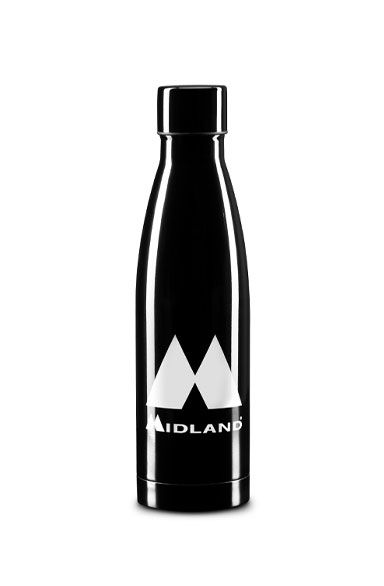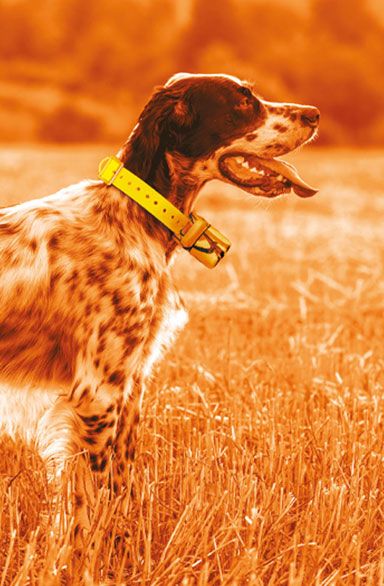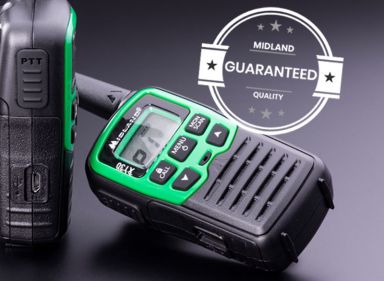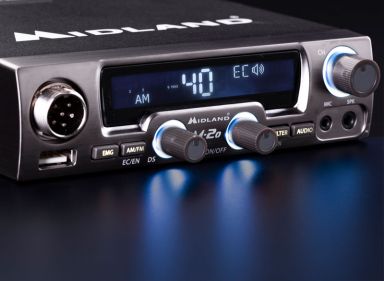Midland's Story: From Kansas to Bagnolo in Piano
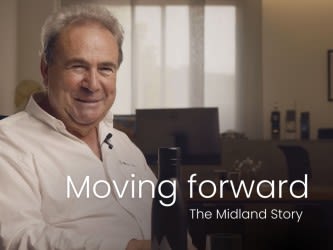
From Kansas to Bagnolo in Piano, Passing through Kilimanjaro: Our Story
This is a story that somehow traces an invisible but indelible line between a cellar in Bagnolo in Piano, Kansas, and Kilimanjaro.
This is a story that began in the '70s and has never ended since.
It started with a bundle of Practical System magazines and the prototype of a crystal radio (if you don't know what that is, you're too young).
Instead of the classic "once upon a time," this story begins with the very Emilian "A stér a cà a s’impèra gnînto" (Staying at home teaches you nothing).
Like all happily-ever-after stories, this one is based on love: the love between Corrado and the radio. In the late '60s, to communicate with others, you had little choice: landlines for most and radios for those we would now call "technology enthusiasts." Back then, it wasn't called technology but a "practical system," encompassing all technological innovations in electronics, electrotechnics, DIY, and experimentation.
The most passionate enthusiasts competed to build galena radios at home, simple systems consisting of a wire antenna, a copper inductor, a demodulator, and headphones. If you succeeded, communication had no more secrets for you!
From a Crystal Radio to the Rest of the World
But let's return to our story, starting in Bagnolo in Piano, in the province of Reggio Emilia, steeped in that healthy Emilian pragmatism. Corrado's passion for radio led him to build his first crystal radio and subsequently create other electronic products to introduce and sell to the amateur radio markets in northern Italy.
As they say, one thing leads to another, and from a simple crystal radio, an entire catalog of technological products emerged, paired with Midland transceivers.
Midland was an American company born during the Cold War years to supply telecommunication devices to U.S. law enforcement agencies. It was owned by the Western Auto financial group in Kansas City.
The Birth of C.T.E.
From these experiments and the creation of an initial commercial network, C.T.E. - Costruzioni Tecnico Elettroniche (or Corrado Torreggiani Elettronica, at your discretion) was born in a cellar in Bagnolo in Piano.
Like all respectable entrepreneurial stories, the beginning had to be in a cellar, where materials were stored instead of wine bottles, and the managerial office was in Corrado's bedroom in the house he lived in.
Pause for a moment because you might be wondering about the reason for this story. The answer is simple: if you've ever used the legendary "baracchino", a walkie-talkie, or an intercom at least once in your life, your story has probably intertwined with Midland's, making you part of the love story between Corrado and the radio.
First came the Play Kits, kits with electronic assembly boxes sold throughout Italy. In a few years, C.T.E. expanded, occupying the house across the street as a component distribution warehouse, and in 1977, the first headquarters was built on the family land next to the cellar where everything began. This marked the beginning of the great adventure that took Corrado around the world, from the United States to the East, studying telecommunications and their future.
The first major challenge and success was getting the devices approved in Italy. C.T.E. was the first in Italy to have the Alan K-350B approved and later the Alan Quarantotto and Alan Sessantotto.
These products, which effectively changed the history of telecommunications in our country, have remained unchanged for the last 70 years. Here lies Midland's secret: when something works well, why change it?
Is Radio Outdated?
Someone might think that today, in 2023, the radio is an antiquated, outdated tool. Certainly, times, mentality, and habits change, but the radio never dies; it simply transforms. Today, there may no longer be "base stations" with people gathering to talk, meet, and socialize. Today, CB radios are mainly used by truckers and campers.
Corrado likes to remember, however, that radio is one of the few free communication tools. It's like horses: there aren't as many as before, but they exist and are needed. In certain places on Earth, you need a horse just as much as you can never do without a radio.
The sense of romance that characterizes this type of communication can be summed up in an anecdote from several years ago when Corrado and Ennio (Picciati) were returning from the ham radio fair in Friedrichshafen, Germany. The chosen route for the return involved crossing a mountain pass towards Merano, quite isolated. It was only thanks to the use of the legendary "baracchino" that Corrado and Ennio managed to contact Minnie, who lived in that area, and she invited them first for coffee at her home and then to join a party of ham radio enthusiasts and CB fans in the woods. A story of spontaneous friendship born thanks to CB radio waves.
The story continues, with ups and downs, challenges, and setbacks, but when you have a goal, you must always stand firm. In 1995, Midland officially became Italian: from Kansas City to Reggio Emilia, connecting the whole world. The story continues today because beside Corrado are his sons Paolo and Gabriele, who started using Midland radios even before the idea of entering the company crossed their minds.
The Rise of Kilimanjaro
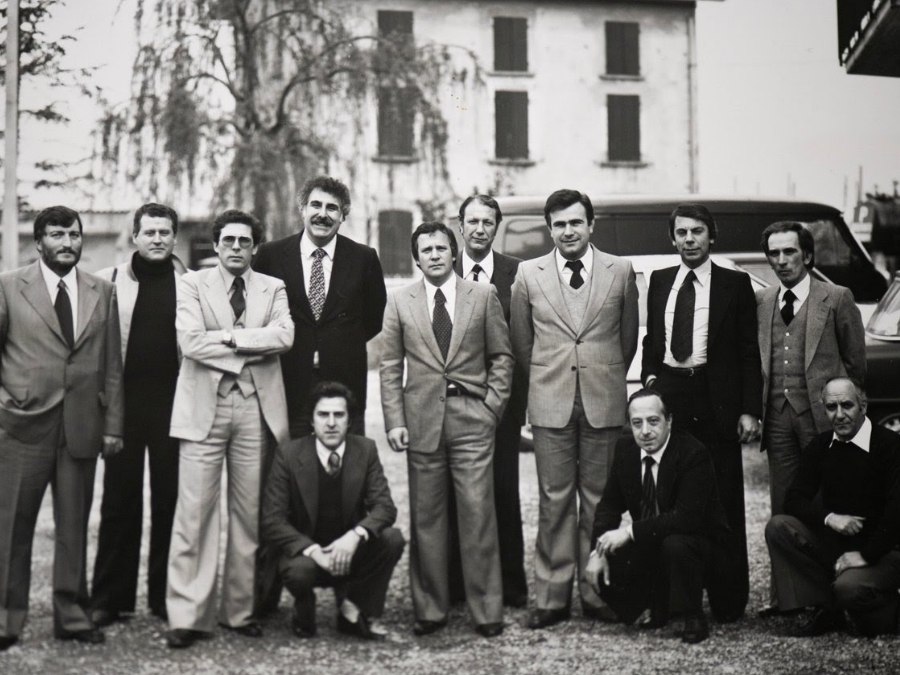
If our journey from Kansas City to the cellar in Bagnolo in Piano is clear, there's only one missing piece at this point: Kilimanjaro.
Upon reaching Corrado's 62nd birthday, a great adventure arrives, the perfect metaphor for his life and the company: the ascent of Kilimanjaro.
Together with Paolo and Gabriele, they embarked on this adventure, managing to reach the summit one morning with the first light of dawn. Climbing a 5000 is a bit like building and seeing your own company grow from scratch: you can train and prepare, but when you're on the road, there are a thousand unexpected challenges, and sometimes it will seem like you can't reach the end. The satisfaction of reaching the summit, however, is enormous, and that's precisely what Kilimanjaro taught: if you want to achieve something, you must never give up.
Today, Midland is a company headquartered in Mancasale with 50 people working in Italy, 10 in Spain, 10 in France, 20 in Germany, and 50 in the United States, but it still maintains the sincerity and genuineness of Emilian companies, primarily based on human relationships.
So when you buy a Midland product, you're purchasing all the experiences, encounters, people, memories, handshakes, and adventures that Midland has lived in these 60 years.
Watch the documentary on our YouTube channel!
